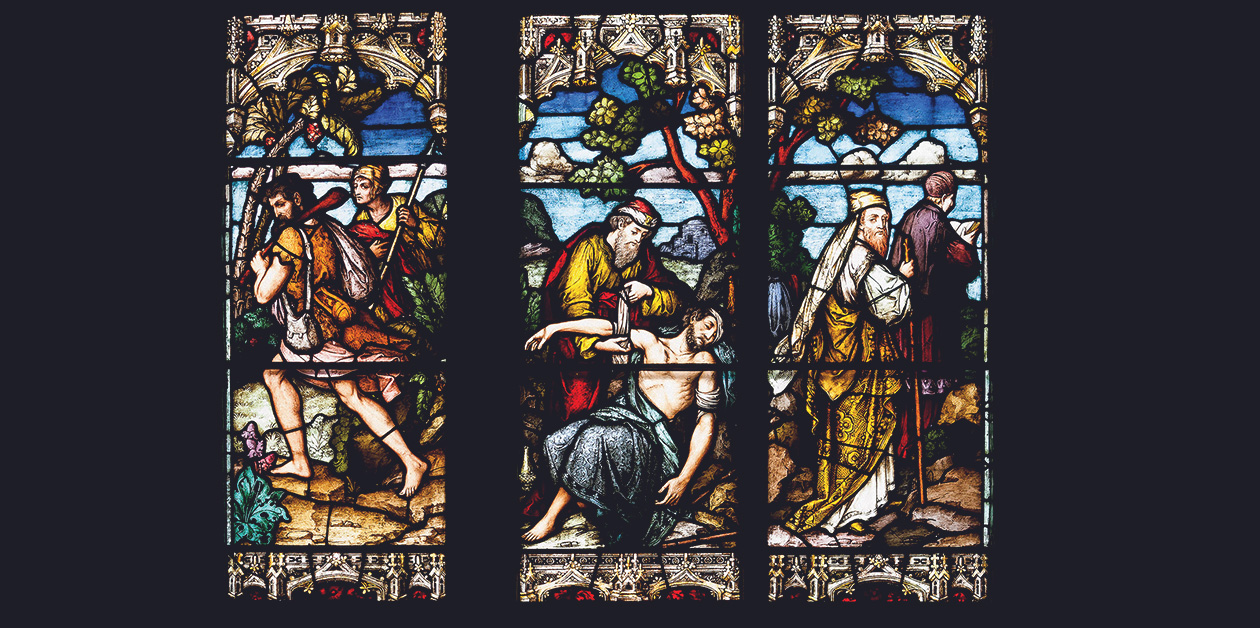
KLC welcomes civil discussion and disagreement about contemporary issues. Thus, the views expressed in our opinion pieces are not official KLC positions but those of the author.
By Craig G. Bartholomew
In one of his journals, Thomas Merton posed this searing question. As I am doing my research into the ten commandments, I found this equally moving answer from Martin Luther in his Concerning Christian Liberty:
Therefore just as our neighbour is in want, and has need of our abundance, so we too in the sight of God were in want, and had need of His mercy. And as our heavenly Father has freely helped us in Christ, so ought we freely to help our neighbour by our body and works, and each should become to [the] other a sort of Christ, so that we may be mutually Christs, and that the same Christ may be in all of us; that is, that we may be truly Christians.
(Luther, Concerning Christian Liberty. Emphasis added.)
Once we remove our individualistic lenses through which we so often read the Bible – including the ten commandments –, it becomes apparent just how powerfully the Bible speaks to our communal, societal and public life. If we cannot see the embodied, public dimensions in God’s call to us to love our neighbours, then it is a sure sign that our individualistic lenses are filtering them out. To love your neighbour is a manifesto for public theology. And courtesy of the communications revolution we know that “our neighbour” includes more than the person living next door. It includes the vulnerable Jew in Manchester, the child starving in Gaza, those suffering in Sudan and many, many more.